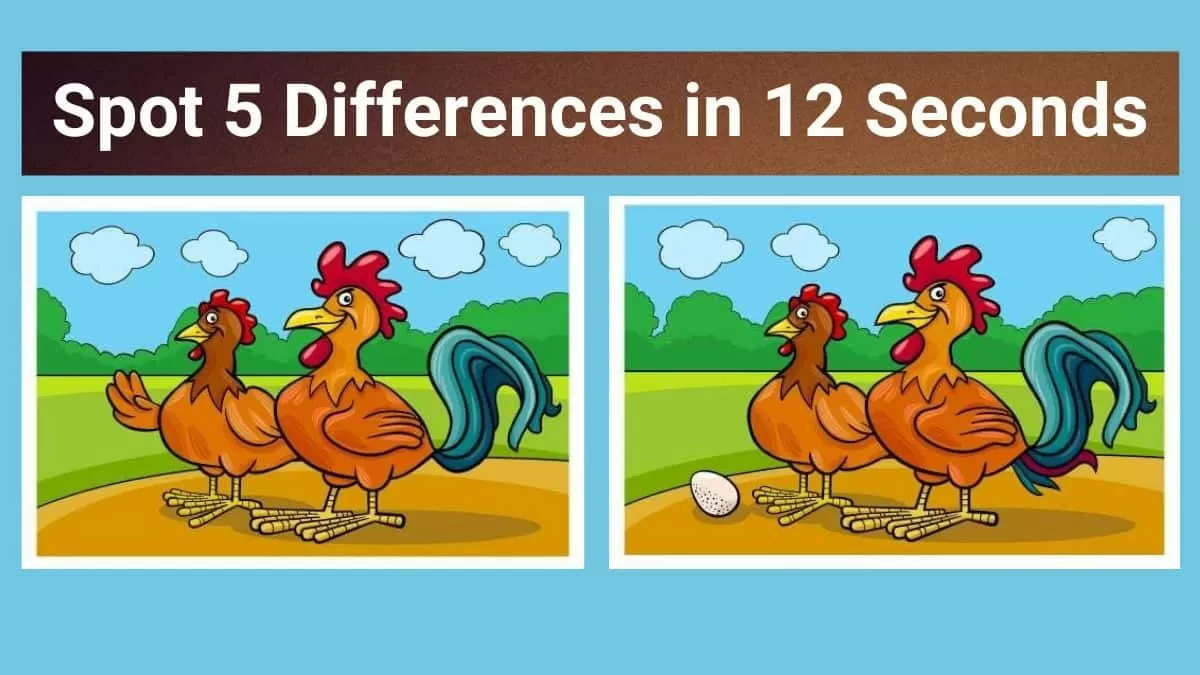The digital landscape has transformed the way we communicate and organize, particularly in the realm of online groups. As communities have flourished on various platforms, roles within these groups have become essential yet often misunderstood. Two pivotal roles that frequently intersect but are not synonymous are that of the admin and the moderator. Understanding the distinction between these two roles can shed light on the underlying structure of online communities and elucidate how these environments function effectively.
At its essence, the admin or administrator is the architect of the group. They are the individuals who create the group, initiating its purpose, design, and foundational rules. Think of them as the visionary leaders who set the tone and the parameters for engagement. Admins possess a plethora of privileges, ranging from altering the group settings to adding or removing members. This level of authority empowers them to guide the community towards its objectives while ensuring that the foundational ethos remains intact.
Moderators, on the other hand, serve as the custodians of daily interaction. While they wield significant power, it is more nuanced compared to that of the admin. Moderators are typically tasked with maintaining decorum within the group, overseeing discussions, and enforcing the group’s rules. Their role is akin to that of a nuanced referee—not just ensuring the rules are followed, but also fostering an environment where healthy dialogue can thrive. This includes managing conflicts, addressing inappropriate behavior, and encouraging constructive contributions from members.
An intriguing aspect of online community dynamics is the relationship between admins and moderators. While both are crucial to sustaining a vibrant community, their functional interdependence is often overlooked. Admins might focus on broad, strategic decisions about the group’s direction, while moderators manage the minute-to-minute interactions that either strengthen or undermine that direction. This delineation of responsibilities allows for a more structured and cohesive communal experience. Essentially, admins set the stage, while moderators direct the play.
To delve deeper, consider how the choice of an admin versus a moderator can significantly influence the group’s culture and atmosphere. An admin who takes a hands-off approach may empower moderators to take a more assertive role, leading to an environment characterized by communal collaboration. Conversely, an overly authoritative admin can stifle the spontaneity and creativity that moderators—often closer to the everyday members—can bring to the group. This dynamic interplay can incite various reactions from group members, fostering a range of feelings from empowerment to frustration, depending on how effectively these roles interact.
Furthermore, the expectations placed upon admins and moderators can also differ markedly. Community members often look toward admins for visionary leadership and decisive action, particularly in times of crisis, such as when disputes arise or when group policies need reevaluation. Moderators, conversely, are expected to engage directly with members, offering assistance and mediating discussions. This distinction brings forth a fascinating layer of responsibility—admins must balance strategic oversight with the community’s zeitgeist, while moderators must navigate interpersonal relationships that can often be unpredictable.
Another vital aspect to consider is the recruitment and training of admins and moderators. In many online groups, the selection of these roles can either foster a cohesive community or lead to discord. Admins are often chosen based on their experience, leadership qualities, or expertise in the group’s subject matter, while moderators may be selected for their interpersonal skills, empathy, and deftness in communication. Effective training for both positions is essential, as it equips them with the tools necessary to handle conflicts, enforce rules fairly, and encourage positive engagement. Failure to provide adequate support can result in uneventful group dynamics or even chaos.
The allure of these roles also hints at broader societal themes. The fascination with admins and moderators often mirrors our intrinsic psychological need for order and governance. In our daily lives, we seek leaders who inspire us and mediators who maintain peace. The duality of leadership and moderation speaks to a fundamental social construct: the balance of power and voice within any community. As we navigate through life, whether online or offline, these roles resonate with our understanding of hierarchy, responsibility, and collaboration.
As members of online groups, it’s essential to recognize and respect the different roles played by admins and moderators. Both positions carry unique responsibilities that contribute to the overall health of the community. Engaging with them respectfully, understanding their challenges, and appreciating their contributions can lead to a more harmonious experience for all members involved. Whether you are an aspiring admin, a would-be moderator, or just a member observing, understanding these distinctions can enhance not only your user experience but also contribute positively to the community fabric.
Ultimately, the interplay between admin and moderator roles encapsulates the essence of digital communities. It is a delicate balance of authority and collaboration, structure and spontaneity. This dynamic fosters an environment where individuals can share ideas, express opinions, and develop camaraderie—all fundamental aspects of the human experience. The difference between these roles is not merely administrative; it is a reflection of the complexity of social interactions and the diverse ways that individuals contribute to collective environments. As we engage with online groups, let’s appreciate the subtle complexities that make them thrive.
